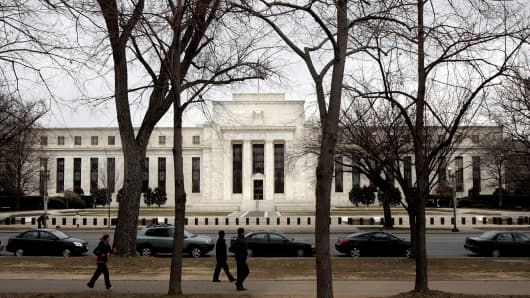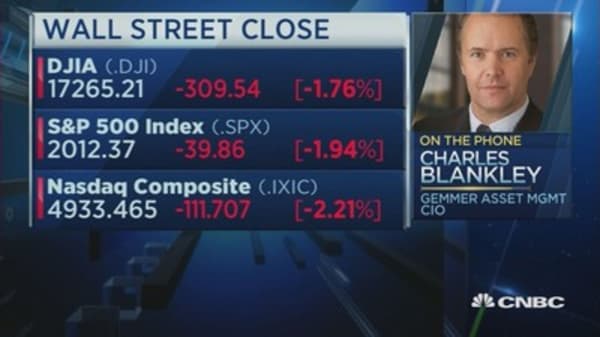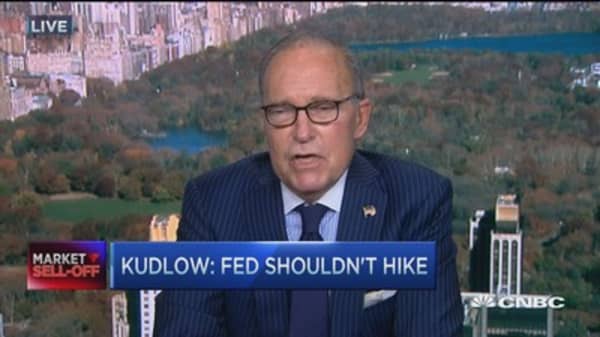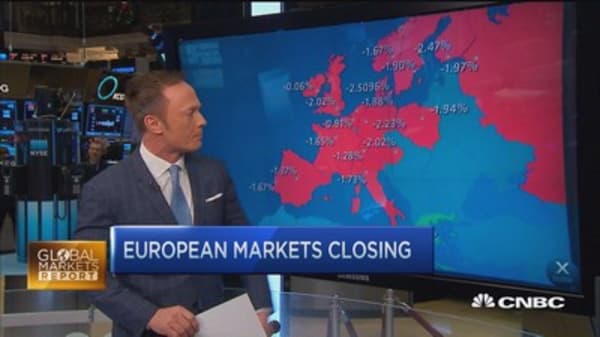The Fed has always been a shortcut for discussions of financial market developments. So, the argument goes, liquidity is drying up for high-yielding assets because the Fed is allegedly poised to raise the federal funds rate by 25 basis points. And then, it's anybody's guess what they will do next.
The price of oil (WTI) crashing to $35.62 on Friday is also seen as an ominous stock market event, despite the fact that the crude's 44 percent decline from the year earlier is a huge bonus to consumers' real purchasing power. That is what some analysts think of a great gift from the Saudis and the Russians, whose onshore marginal production costs ($3 and $13 per barrel, respectively) still allow them to make money while driving high-cost competitors out of the market.
These views are puzzling. The declining demand for high-yielding assets, for example, simply means that they are not offering adequate risk-adjusted returns.
Should we blame the Fed for that? Maybe the Fed will needlessly validate these rising risk expectations. But, so far, the Fed can only be accused of "sins" to come.
Indeed, in spite of the fact that it shrank its balance sheet by $128 billion since the end of October, the monetary base as of December 9 was still $3932.4 billion, almost exactly where it stood at the end of last May. And at the market's close last Friday the federal funds rate was trading at 0.14 percent, only 3 basis points above its year-earlier level and roughly where it opened up at the beginning of this year.
That does not seem to be reason enough to push the S&P 500 down 1.95 percent during the Friday's trading, or 4 percent since its most recent peak at the beginning of this month.








